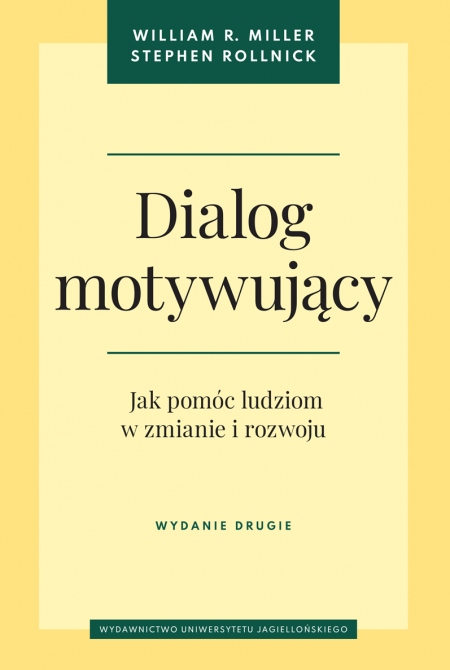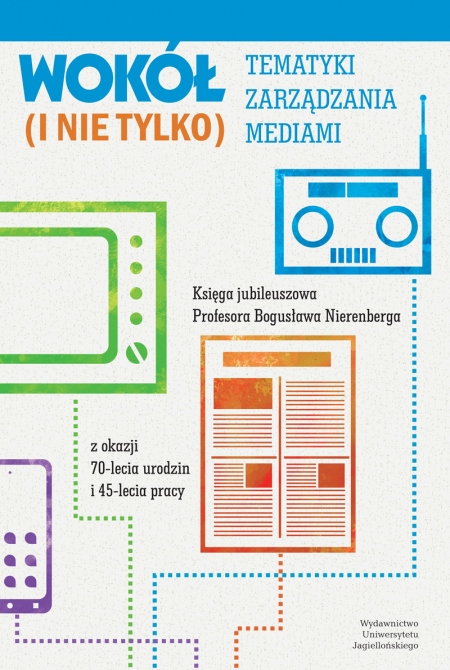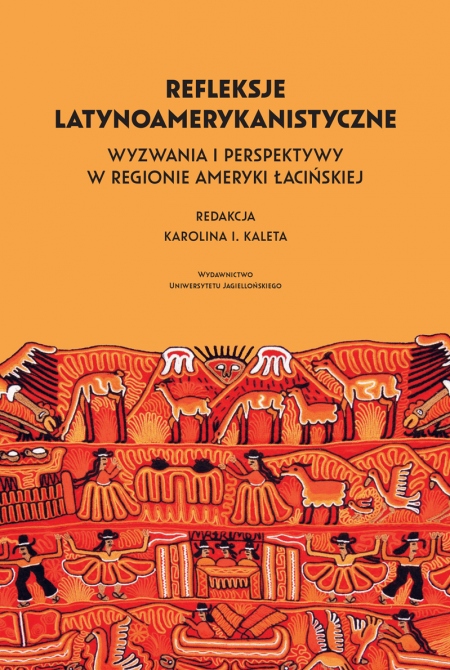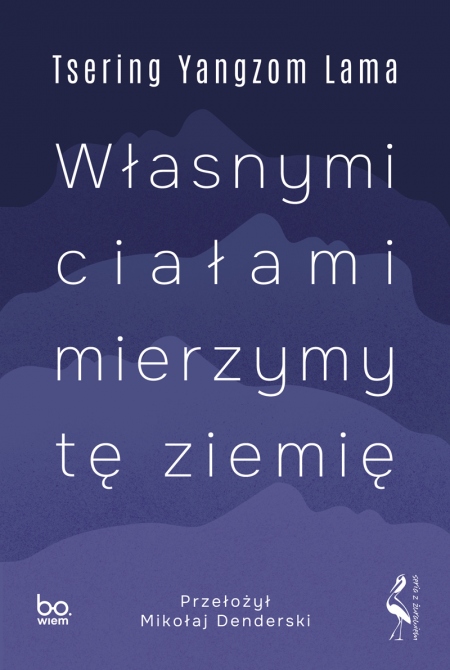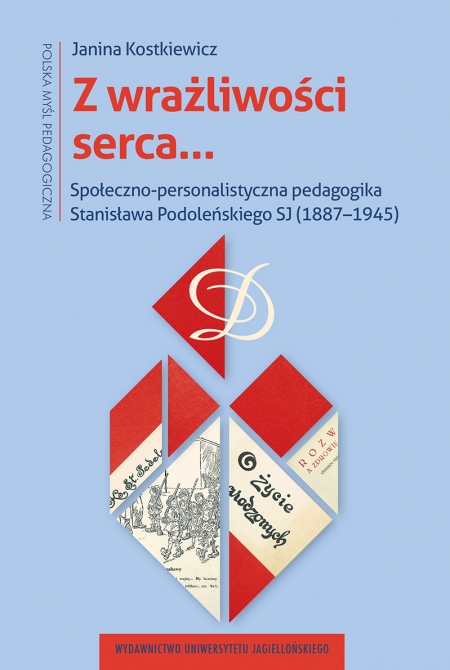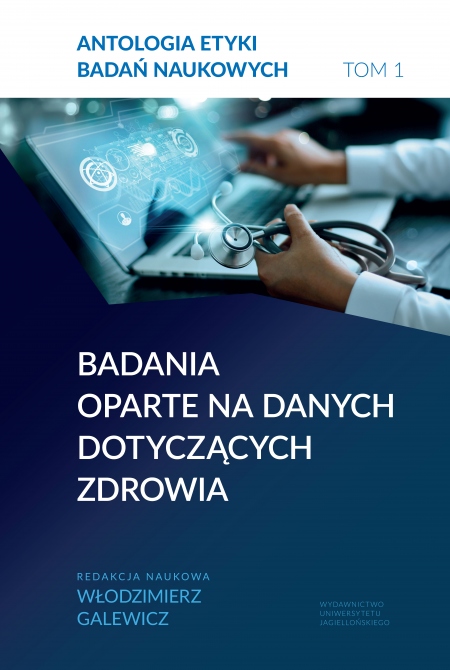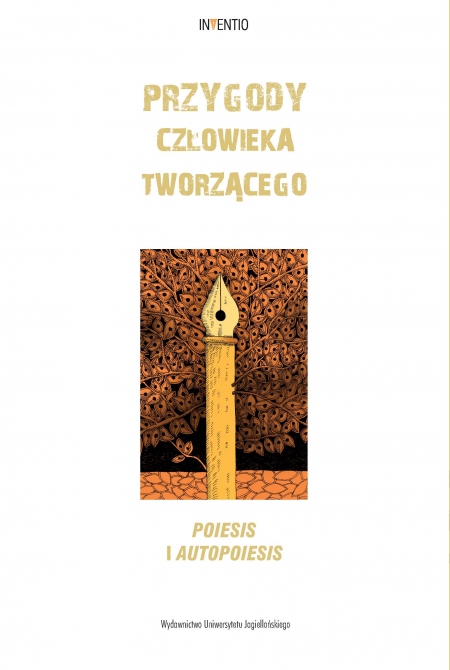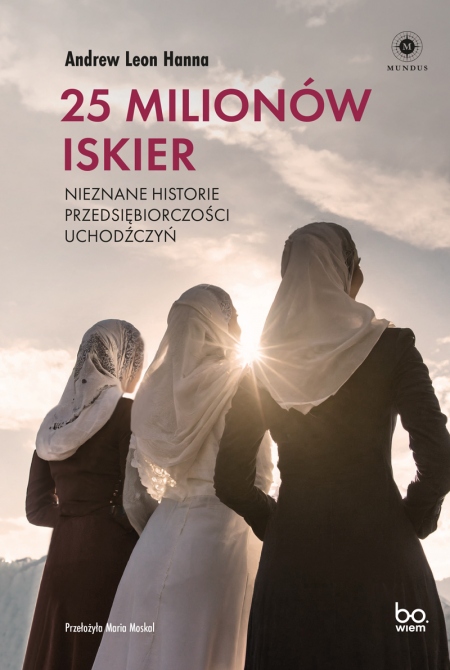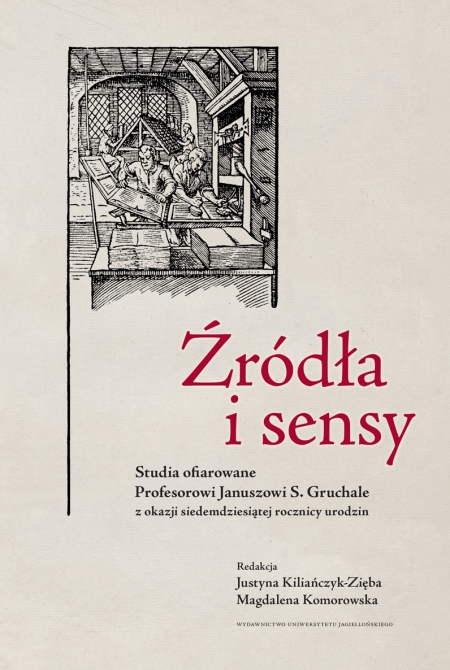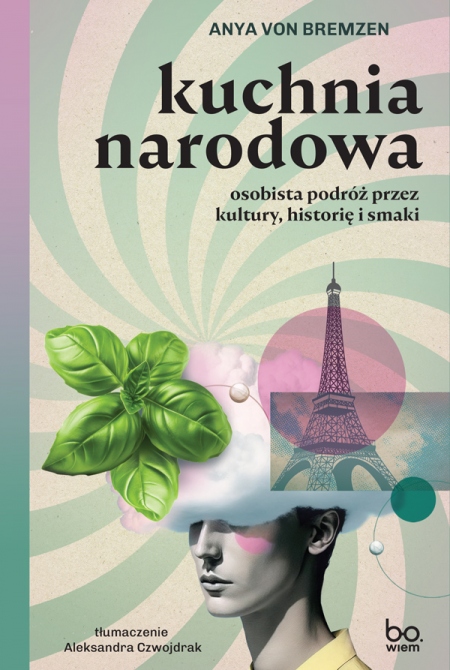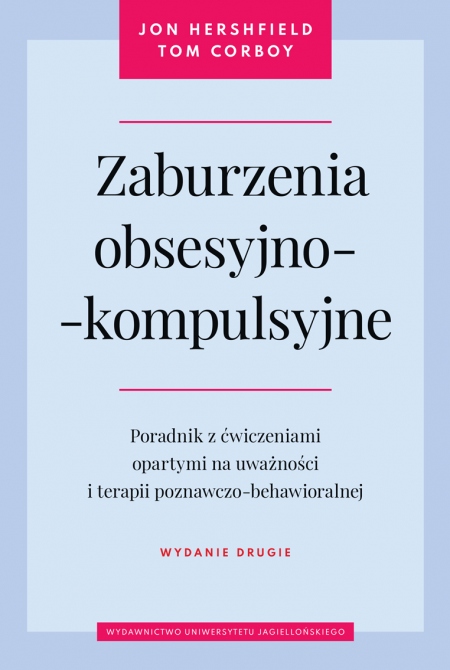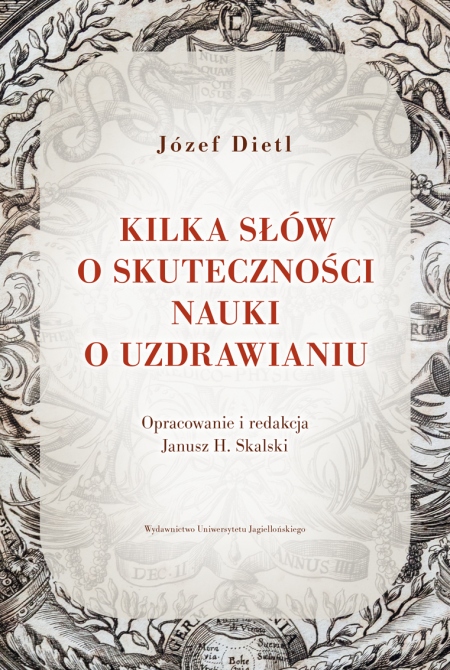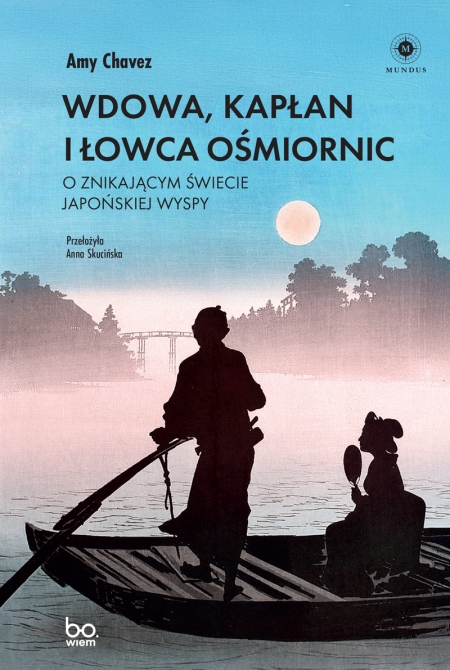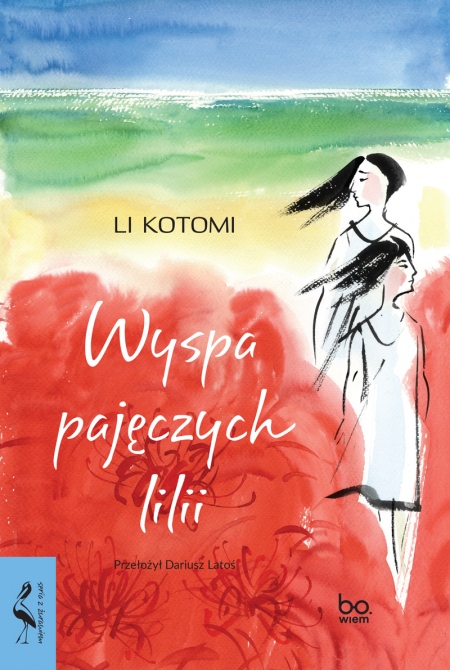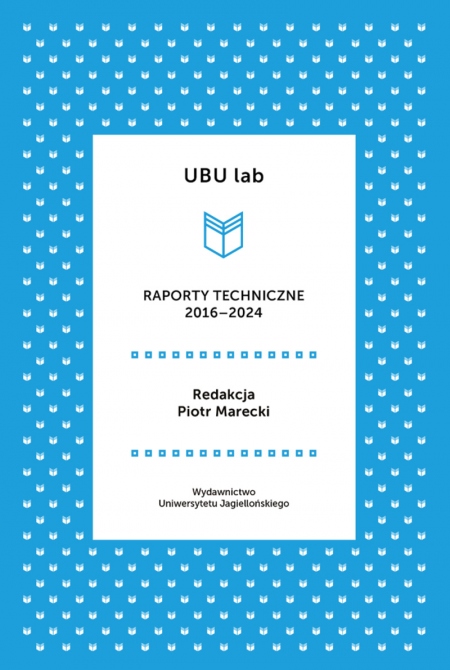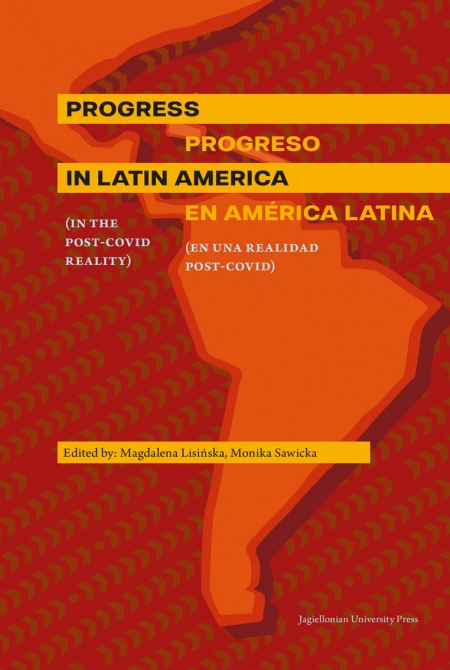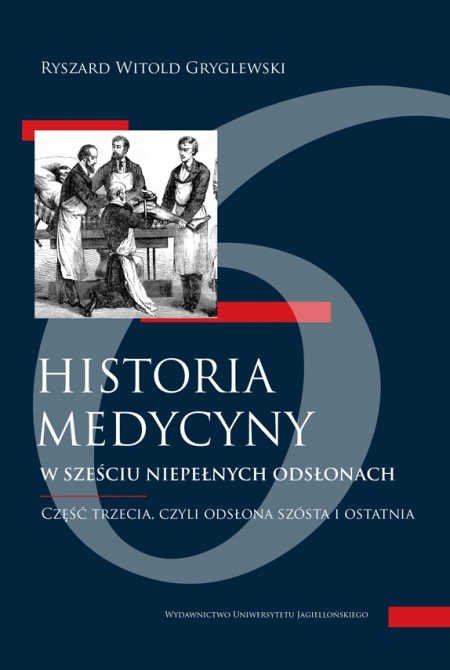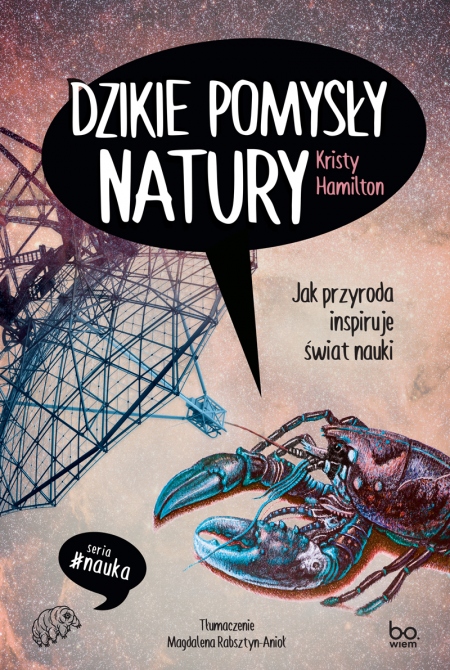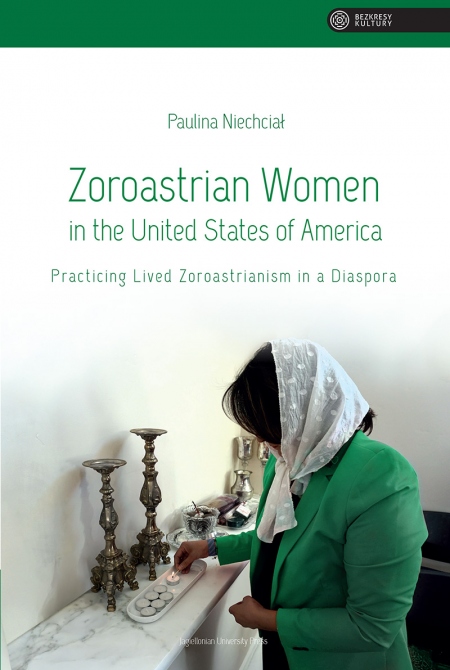
Zoroastrian Women in the United States of America
Practicing Lived Zoroastrianism in a Diaspora
Seria: Bezkresy Kultury
Format: 15 x 23 cm
Rok wydania: 2025
Opis książki
This book examines how ancient Zoroastrianism is practiced in the US diaspora and how it has evolved dynamically. As it developed in the patriarchal cultures of Iran and India, to move beyond the dominant male perspective, this book focuses on women. The lived religion approach demonstrates that Zoroastrianism in their everyday experiences is more than just a religion, but is a spiritual path, an ethnic tradition, and a cultural identity. Some women challenge old patterns, and Zoroastrianism in the diaspora turns out to be multifaceted and vibrant, despite the fear held by some community members that it may become extinct.
Richly illustrated with the narratives of subsequent generations of Iranian and Parsi immigrants as well as photos, the book gives a taste of the diverse Zoroastrian life across the US. It not only broadens the picture of the ethnoreligious landscape in the country and expands interest in Zoroastrian studies, but also highlights the role of social practice theory in the study of religion, demonstrating how it may apply to qualitative field research, stimulating further discussion.
The study is informationally fascinating, culturally sensitive, and makes major contributions to religious studies, cultural studies, immigration studies, and the history of Zoroastrianism.
Professor Jamsheed Choksy, Indiana University
In this work, Paulina Niechciał, a leading expert on contemporary Zoroastrianism, provides a theory-driven, yet meticulous anthropological portrayal of how Zoroastrian women in the United States live and navigate their religion. As a reader, I was particularly captivated by her insightful observations of cross-generational change.
Professor Michael Stausberg, University of Bergen
Richly illustrated with the narratives of subsequent generations of Iranian and Parsi immigrants as well as photos, the book gives a taste of the diverse Zoroastrian life across the US. It not only broadens the picture of the ethnoreligious landscape in the country and expands interest in Zoroastrian studies, but also highlights the role of social practice theory in the study of religion, demonstrating how it may apply to qualitative field research, stimulating further discussion.
The study is informationally fascinating, culturally sensitive, and makes major contributions to religious studies, cultural studies, immigration studies, and the history of Zoroastrianism.
Professor Jamsheed Choksy, Indiana University
In this work, Paulina Niechciał, a leading expert on contemporary Zoroastrianism, provides a theory-driven, yet meticulous anthropological portrayal of how Zoroastrian women in the United States live and navigate their religion. As a reader, I was particularly captivated by her insightful observations of cross-generational change.
Professor Michael Stausberg, University of Bergen
O Autorce
Paulina Niechciał is an assistant professor at the Center for Comparative Civilization Studies at the Jagiellonian University in Krakow, Poland. She holds MA degrees in ethnology and in Iranian studies, and a PhD in Sociology, for which she wrote a dissertation based on field research in Iran on the collective identity of contemporary Zoroastrians in Tehran. She also studied Persian language and literature at the International Center for Persian Studies at the University of Tehran in Iran, and was a visiting professor at Utica University (New York State), the University of Rochester, and the Academy of Sciences in Tajikistan. She received a scholarship from the Polish Minister of Science for outstanding young scholars.
Her academic pursuits focus on the study of minorities and identity, the anthropology and sociology of religion, enriched over time by interests in diaspora and gender studies. She is the author of many articles, book chapters and the book Zoroastrian Minority in Modern Tehran: On Collective Identity in the Context of Shi’a Domination (in Polish; Kraków 2013). In 2019, as a recipient of the Kosciuszko Foundation Fellowship, and hosted by Indiana University in Bloomington, she conducted fieldwork that resulted in this book.
Her academic pursuits focus on the study of minorities and identity, the anthropology and sociology of religion, enriched over time by interests in diaspora and gender studies. She is the author of many articles, book chapters and the book Zoroastrian Minority in Modern Tehran: On Collective Identity in the Context of Shi’a Domination (in Polish; Kraków 2013). In 2019, as a recipient of the Kosciuszko Foundation Fellowship, and hosted by Indiana University in Bloomington, she conducted fieldwork that resulted in this book.
O serii
Bezkresy Kultury to seria wydawnicza prezentująca refleksję kulturoznawczą akcentującą rolę badań porównawczych oraz analiz ukazujących podobieństwa, różnice i wpływy międzykulturowe. W naszych publikacjach kultury i cywilizacje są w nieustannym ruchu, dialogu, tworzą nowe sensy, rywalizują o znaczenia i ulegają wpływom globalnych treści; nie mają wyraźnych granic, ale mają bezkresy zmuszające do zadawania pytań.
Język publikacji
angielski
Wydanie
pierwsze
Autorzy
Paulina Niechciał

Projekt okładki
Marta Jaszczuk
ISBN: 978-83-233-5520-5
e-ISBN (pdf): 978-83-233-7687-3
e-ISBN (mobi,epub): 978-83-233-7688-0
Kraj pochodzenia producenta: Polska
POLECANE KSIĄŻKI
75,00
zł
60,00
zł
NOWOŚCI

Zoroastrian Women in the United States of America
Practicing Lived Zoroastrianism in a Diaspora
Zoroastrian Women in the United States of America
Practicing Lived Zoroastrianism in a Diaspora
Wybierz rozdziały:
Wartość zamówienia:
0.00 zł

